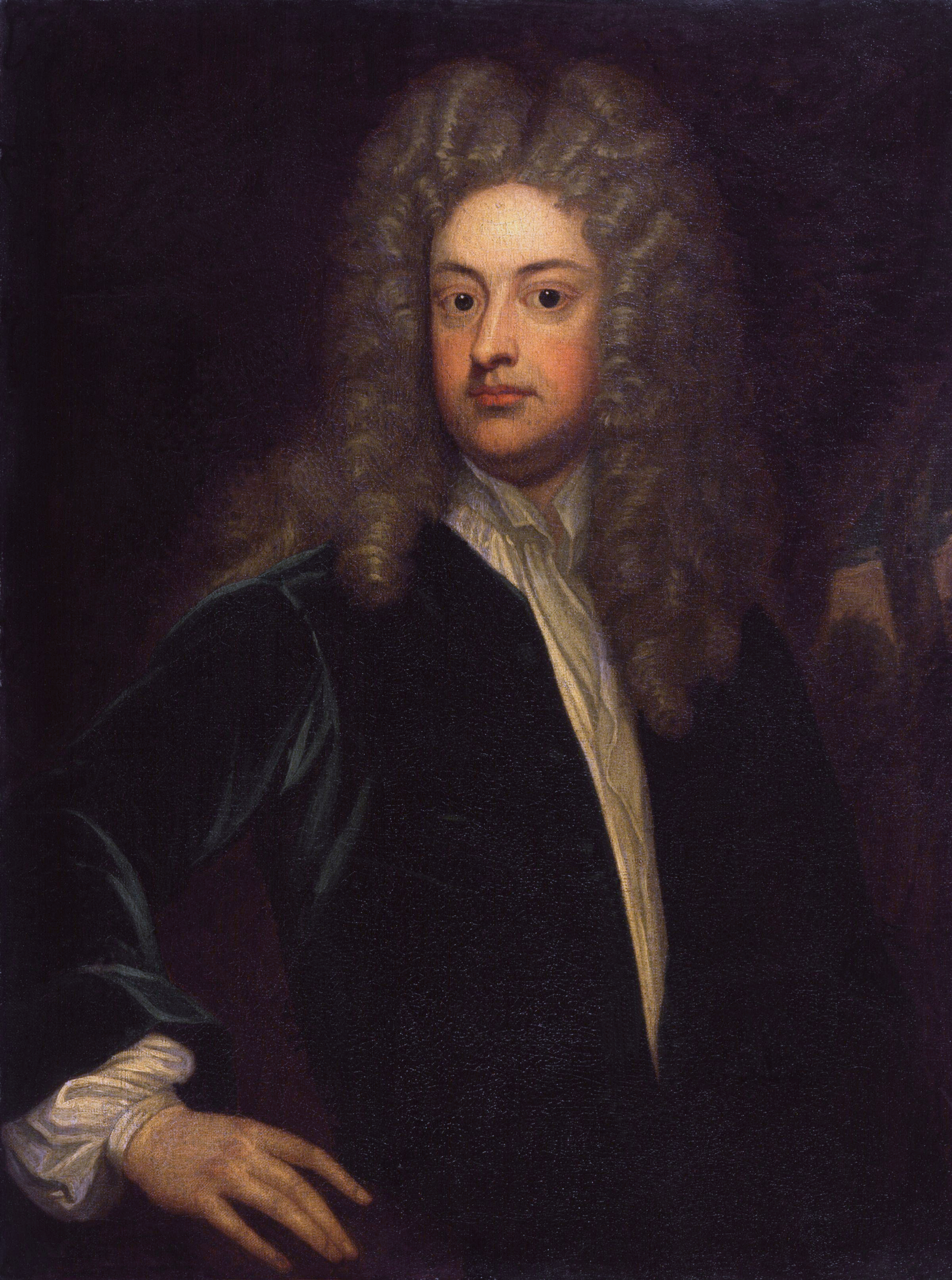Joseph Addison Frases famosas
Everything that is new or uncommon raises a pleasure in the imagination, because it fills the soul with an agreeable surprise, gratifies its curiosity, and gives it an idea of which it was not before possessed.
"The Spectator" (1711-1714); No. 412 (23 de junho de 1712)
“A leitura é para o intelecto o que o exercício é para o corpo.”
Reading is to the mind, what exercise is to the body.
"The Tatler", n. 147; ; The Works of the Right Honourable Joseph Addison - Volume 2, página 284 https://books.google.com.br/books?id=o2xUAAAAYAAJ&pg=PA284, Joseph Addison - J. Tonson, 1721
Variante: A leitura é para a inteligência o que é o exercício para o corpo.
Citações de homens de Joseph Addison
“A natureza delicia-se na comida mais simples. Todos os animais, exceto o homem, comem um só prato.”
Nature delights in the most plain and simple diet. Every animal but man keeps to one dish.
The Spectator, with illustrative notes: to which are prefixed, the lives of authors : comprehending, Addison, Steele, Parnell, Hughes, Buegel, Eusden, Tickell, and Pope : with critical remarks about their writings, Volume 3, Página 343 http://books.google.com.br/books?id=drsRAAAAYAAJ&pg=PA343, Joseph Addison, Sir Richard Steele - Printed for H.D. Symonds, T. Hurst, J. Walker, J. Scatcherd, A. and J. Black and H. Parry, Vernor and Hood, R. Lea, E. Lloyd, Otridge and Son, J Cuthell, Jordan Hookham, W. Miller, S. Bagster, R. Ryan, and R.H. Westley, 1794
Citações de vida de Joseph Addison
Joseph Addison frases e citações
“A educação é para a alma o que a escultura é para um bloco de mármore.”
What sculpture is to a block of marble, education is to the human soul.
"The Spectator (1711-1714)"; No. 215 (6 de novembro de 1711)
“As cores falam todas as línguas.”
Colors speak all languages.
"The Spectator", n. 416, 27 de junho de 1712; "The Works of Joseph Addison: Complete in Three Volumes : Embracing the Whole of the "Spectator," "&c; Por Joseph Addison; Publicado por Harper & Brothers, 1837 books.google http://books.google.com/books?id=vKQ3AAAAIAAJ&pg=PA145&dq=Colors+speak+all+languages.+Joseph+Addison
“Felicidade é alguém para amar, algo para fazer e algo para aspirar.”
citado em "Frases Geniais" - Página 13, de PAULO BUCHSBAUM - Editora Ediouro Publicações, ISBN 8500015330, 9788500015335
Variante: A amizade desenvolve a felicidade e reduz o sofrimento, duplicando a nossa alegria e dividindo a nossa dor.
Joseph Addison: Frases em inglês
Samuel Johnson in The Rambler, no. 148 (17 August 1751).
Misattributed
No. 476 (5 September 1712).
The Spectator (1711–1714)
“With regard to donations always expect the most from prudent people, who keep their own accounts.”
This is attributed to Addison in The Columbia Dictionary of Quotations (1993) with a citation of "Economy and Benevolence" in Interesting Anecdotes, Memoirs, Allegories, Essays, and Poetical Fragments (1794) but that was a publication of a contemporary "Mr. Addison" in several volumes, and not the poet. Vol. III of that publication (in 1796), on page 205, does contain these lines, but as part of an anonymous ancecdote.
Misattributed
“On you, my lord, with anxious fear I wait,
And from your judgment must expect my fate.”
A Poem to His Majesty (1695), l. 21.
Second Angel, in Rosamond (c. 1707), Act III, sc. i.
“I shall endeavor to enliven morality with wit, and to temper wit with morality.”
No. 10 (11 March 1711).
The Spectator (1711–1714)
No. 476 (5 September 1712).
The Spectator (1711–1714)
No. 169 (13 September 1711).
The Spectator (1711–1714)
“Jesters do often prove prophets.”
Not found in Addison's works, and "Jesters do oft prove prophets" is actually William Shakespeare, in King Lear, Act V, sc. iii.
Misattributed
No. 115 (12 July 1711).
The Spectator (1711–1714)
No. 10 (11 March 1711).
The Spectator (1711–1714)
“A man should always consider how much he has more than he wants.”
No. 574 (30 July 1714).
The Spectator (1711–1714)
No. 535 (13 November 1712).
The Spectator (1711–1714)
Very often attributed to Addison, this is apparently a paraphrase of a statement by Hugh Blair, published in Blair's Sermons (1815), Vol. 1, p. 219, where he mentions "men of pleasure and the men of business", and that "To the former every moment appears to be lost, which partakes not of the vivacity of amusement".
Misattributed
No. 195 (13 October 1711).
The Spectator (1711–1714)
“Better to die ten thousand deaths,
Than wound my honour.”
Act I, scene iv.
Cato, A Tragedy (1713)
